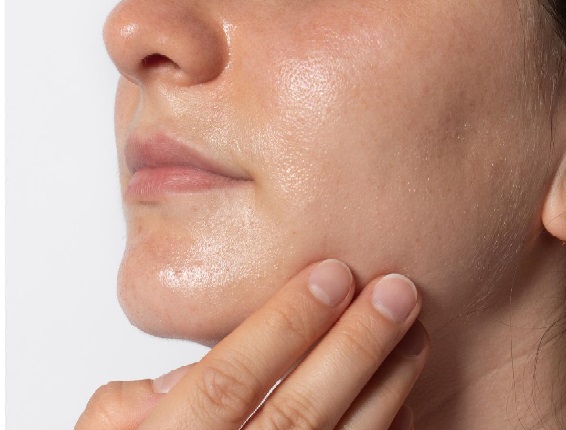Skin Pigmentation Treatment in Kharadi

Skin health is a top priority for everyone as it factors into our confidence and the way we present ourselves. Skin pigmentation is one of the most common skin problems faced especially by those of us in sunny and tropical areas.
Skin Pigmentation – By Dr. Usha Angre
Issues like uneven skin tone and hyperpigmentation can be resolved with dedicated treatment regimens. Approaching a dermatologist for the right treatment protocol can help avoid the frustrations of a trial and error approach experimenting with home remedies and OTC products that can prove counterproductive.
Let’s explore some of the treatment options available for those suffering from skin pigmentation issues.

If required, Dermatologists take care to perform patch tests of dark and dry skin that must be treated for improved skin quality. For example, lip pigmentation treatment begets a different treatment than the method used to treat a scar on the face or the delicate area under your eyes. Patch tests will reveal if the treatment is effective for your skin type.
How does the procedure work?
These agents help to treat pigmentation by inhibiting melanin production and few agents can also cause exfoliation of the skin to get rid of the superficial pigmented cells. Dermatologists recommend the application of these agents as one of the best treatments for pigmentation on the face as it helps even out skin tone and also improves skin texture.
- Glycolic acid
- Azelaic acid
- Kojic acid
- Salicylic acid
- Vitamin C (containing I-ascorbic acid)
- Hydroquinone
- Arbutin
- Niacinamide
Laser Treatment :
Laser treatment for pigmentation problems is becoming easily common as dermatologists recommend using targeted light beams to treat hyperpigmentation. Generally, doctors rely on two types of lasers, i.e., ablative and non-ablative. The most intense is the ablative lasers that help remove the epidermis layer. The non-ablative laser beams target the middle layer of the skin to remove any deep effect of pigmentation, promote collagen growth, and tighten the skin around.
Dermatologists treat pigmentation with different types of lasers depending on the type of pigmentation, the area, and the level of recovery time. Lasers stimulate collagen growth in the underlying layers of skin. As a result of this, the skin tightens and the skin tone also improves. The types of laser therapy treatments include:
- Q-switched Nd YAG Laser: This is a new technology that is highly safe and effective. The skin is exposed to a beam of light that only targets the melanin pigment and causes its breakdown. This does not affect the surrounding cells and can reach the deeper layers of the skin, giving an even skin tone.
- Fractional lasers: lasers such as carbon dioxide lasers and erbium glass lasers are fractional lasers that act by creating microthermal zones through which pigment is removed. These lasers are associated with a short time and are preferred in patients who have deeper pigmentation.
